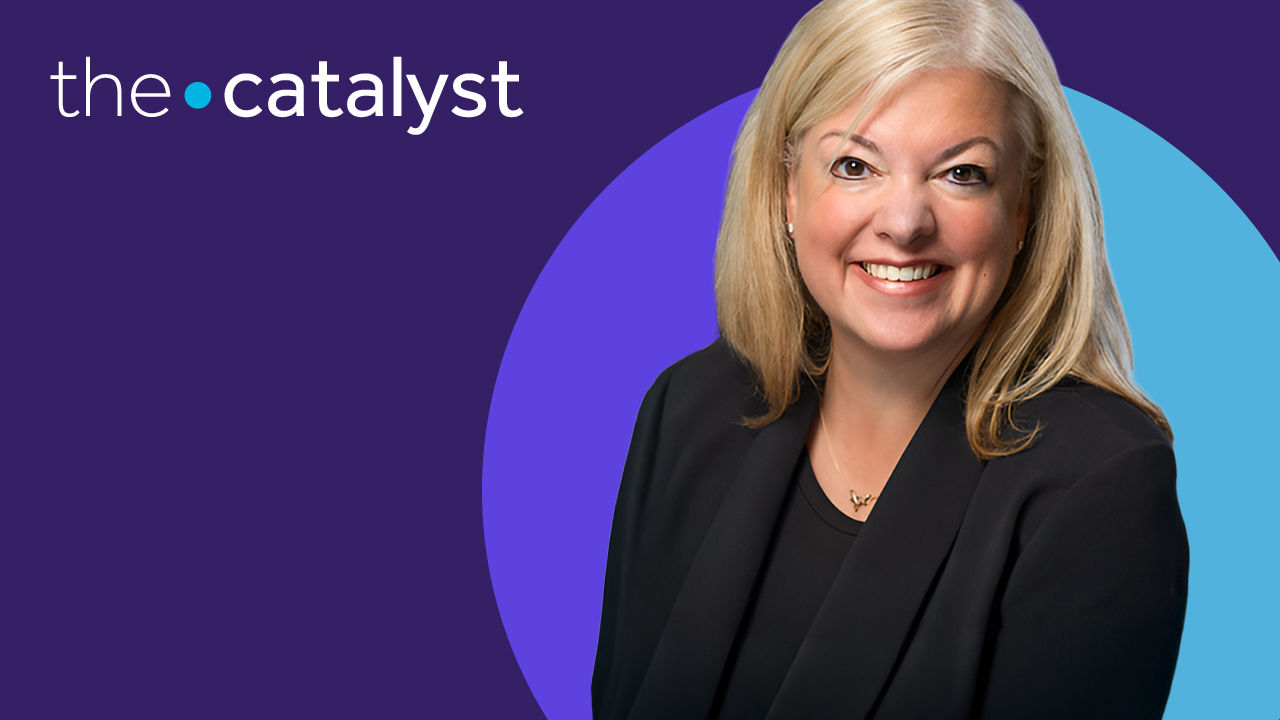![Alt Text: A headshot of [Russell Dubois]](/content/tdh-www/us/en/home/organizations/resources/mental-health-obesity-why-integrated-care-matters/_jcr_content/_cq_featuredimage.coreimg.jpeg/1770734520272/thecatalyst-russell-dubois-thumbnail.jpeg)
Metrics that matter: A new approach to better mental health
Written by Russell DuBois, Senior Director of Clinical Strategy

More than 50% of the U.S. population resides in an area with mental healthcare provider shortages, making virtual care and digital mental health programs essential to connecting people with the care they need. For plan sponsors seeking to improve members’ well-being while lowering the cost of care, solving for access is an important first step. Partnering with a program that delivers meaningful, measurable health improvements is equally important.
Experts in mental health have evolved current evidence-based measurements for more than 30 years, yet there remain opportunities to improve outcomes. Among the limitations are that current measurements are based on outcomes in controlled environments that do not reflect real-world scenarios and that they focus on population-level data that does not signify meaningful progress at the patient level.
What does good look like? In our view, advancing mental healthcare requires a refreshed approach that prioritizes meaningful changes in an individual’s outcomes within a defined period of time.
Unpacking measurement-based care
In March, the American Psychological Association—with contributions from Teladoc Health—released the industry’s first professional practice guidelines on measurement-based mental healthcare.
Measurement-based care leverages current evidence-based protocols for therapy and treatment. Yet the practical application of the treatment is informed by the unique response of each person.
We capture individuals’ responses at the beginning of care and throughout treatment to understand the impact of mental health interventions using two standard assessments:
- Patient Health Questionnaire-9 (PHQ-9) for people experiencing depression
- Generalized Anxiety Disorder-7 (GAD-7) for people experiencing anxiety
Using minimal clinically important difference (MCID) methods, we measure changes in how a person perceives their well-being as reported on the PHQ-9 and GAD-7 questionnaires within a defined span of time, thereby setting the standard for speed and value in the industry.
For example, over a 12-week period for people with moderate to severe cases of anxiety or depression, a change of five points or more on a PHQ-9 assessment is recognized as a clinically significant improvement, as is a change of four points or more on a GAD-7 assessment.
MCID represents the highest clinical rigor when it comes to evaluating clinical outcomes in mental health compared to simply reporting any change in symptoms without specifying a time frame.
Measurement-based care in action at Teladoc Health
Applying measurement-based care, Teladoc Health reports symptom improvement and remission reflected in scores on the PHQ-9 and GAD-7 surveys. We ensure score changes meet clinically significant thresholds, but we also specify the time frame—12 weeks—within which improvements are documented.
This means that plan sponsors can clearly see the real-world impact Teladoc Health programs are having and how quickly.
In a new Teladoc Health analysis conducted between April 1 and December 31, 2024, we assessed measurement-based care outcomes within the optimal 12-week time frame across our mental health programs and found:
- 60% of members with moderate-to-severe depression achieved remission status (score of less than 10 on the PHQ-9 scale) or a clinically meaningful treatment response (five points or more change).
- 34% average reduction in PHQ-9 scores among members with moderate-to-severe depression.
- 60% of members with moderate-to-severe anxiety on the GAD-7 scale achieved remission status (score of less than 10) or a clinically meaningful treatment response (four points or more change).
- 35% average reduction in GAD-7 score for members with moderate-to-severe anxiety.
Notably, Teladoc Health achieved a 90% success rate in preventing these conditions from emerging among members who exhibit some symptoms of depression or anxiety but have not reached the criteria for a formal mental health diagnosis.
Teladoc Health delivers comprehensive mental healthcare and support for millions of members nationwide, offering swift access to a diverse range of high-quality digital programs, coaches and mental health clinicians on an integrated virtual care platform. This allows us to have continuity in a care experience that supports members’ needs today and over time.
Our team of mental health experts believes that members who turn to us for care can get better quickly and can potentially prevent the diagnosis or escalation of symptoms. Faster results mean the member’s quality of life improves quickly—and plan sponsors can immediately measure the value of their investment in this solution.









